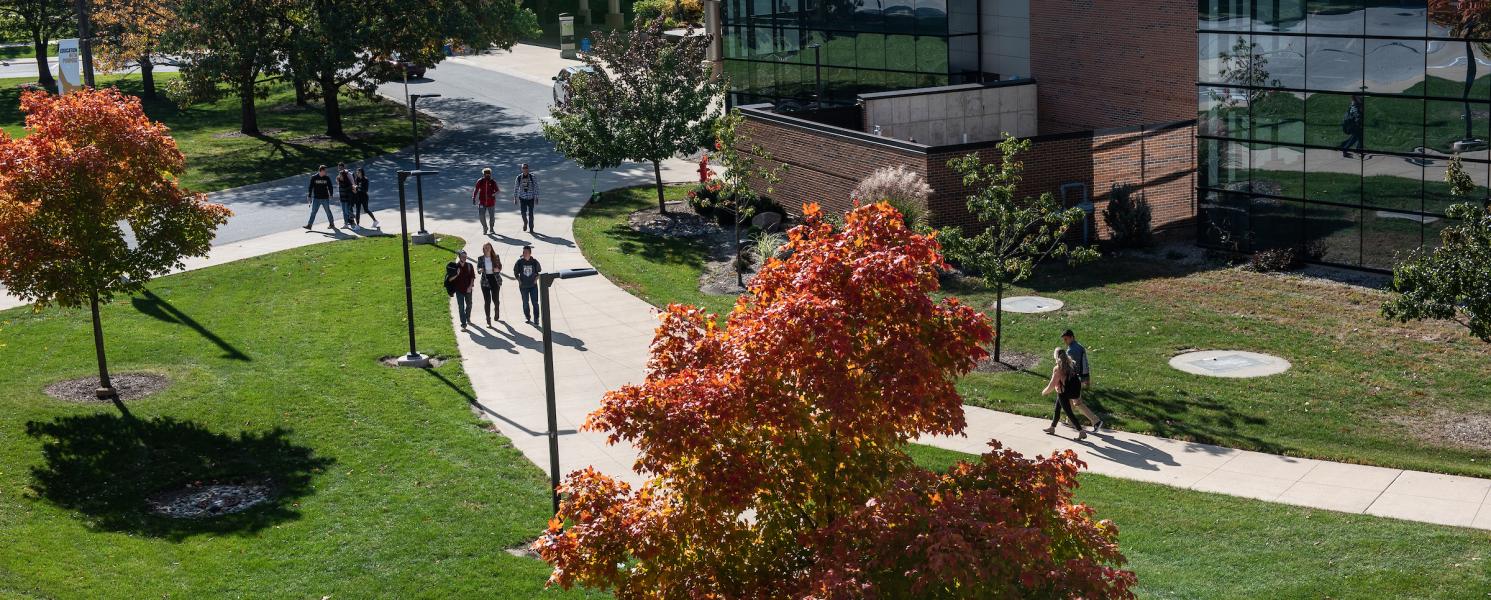
Law
Preprofessional Studies
The right career for all the right reasons.
Social justice, a desire to effect change, or a drive to help others—there are many reasons to choose a prestigious and exciting career as a lawyer.

the details
What you need to know.
- Bachelor’s degree
- Acceptance to an accredited law school
- Juris doctor degree
- Pass the bar exam
Note: Passing the bar exam is not a simple process, and it is not unusual to need more than one attempt.
Workplace Environment
- Established law firms
- Private practice
- Government buildings
- No specific undergraduate major required
- Prerequisite courses required
- Meet with your preprofessional advisor as early as possible
- Prepare for and take the LSAT (to measure your reading comprehension, reasoning, and writing—skills required for success in the legal profession)
Note: Law schools do not typically look for applicants with a major in prelaw, but rather for students who are academically strong and well-rounded. It is generally more important to law schools that you can think and write well than what you already know about laws and procedure from undergraduate coursework. A survey from Law School Admission Council indicated that prelaw majors were accepted to law schools at a much lower rate than applicants with undergraduate majors in a social sciences, humanities, physical sciences, or business.
- Bachelor’s degree
- Acceptance to an accredited law school
- Juris doctor degree
- Pass the bar exam
Note: Passing the bar exam is not a simple process, and it is not unusual to need more than one attempt.
Workplace Environment
- Established law firms
- Private practice
- Government buildings
- No specific undergraduate major required
- Prerequisite courses required
- Meet with your preprofessional advisor as early as possible
- Prepare for and take the LSAT (to measure your reading comprehension, reasoning, and writing—skills required for success in the legal profession)
Note: Law schools do not typically look for applicants with a major in prelaw, but rather for students who are academically strong and well-rounded. It is generally more important to law schools that you can think and write well than what you already know about laws and procedure from undergraduate coursework. A survey from Law School Admission Council indicated that prelaw majors were accepted to law schools at a much lower rate than applicants with undergraduate majors in a social sciences, humanities, physical sciences, or business.


Requirements and Recommendations
What to expect from your preprofessional studies.
With consideration of your chosen major and the recommendations of your advisor, you should strive to take courses that at least cover the following subject areas:
- History (preferably American)
- Political science (especially American politics)
- Ethics
- Economics
- Math and/or finance
- Human behavior (psychology and/or sociology)
- International politics, culture, and diversity courses
In addition, the study of a world language, while not a requirement, can be extremely valuable to add to a law school application and utilize in your career. Law schools have consistently shown interest in admitting students with well-rounded backgrounds. Consider your personal passions and go beyond your comfort zone when selecting out-of-classroom activities. Some of the useful extracurricular activities include the following:
- Student leadership/government
- Study abroad
- Volunteer work
- Debate or improv
Contact Us
Have questions?
Contact Benjamin Slomski, prelaw advisor, at [email protected] or 260-481-6687.
